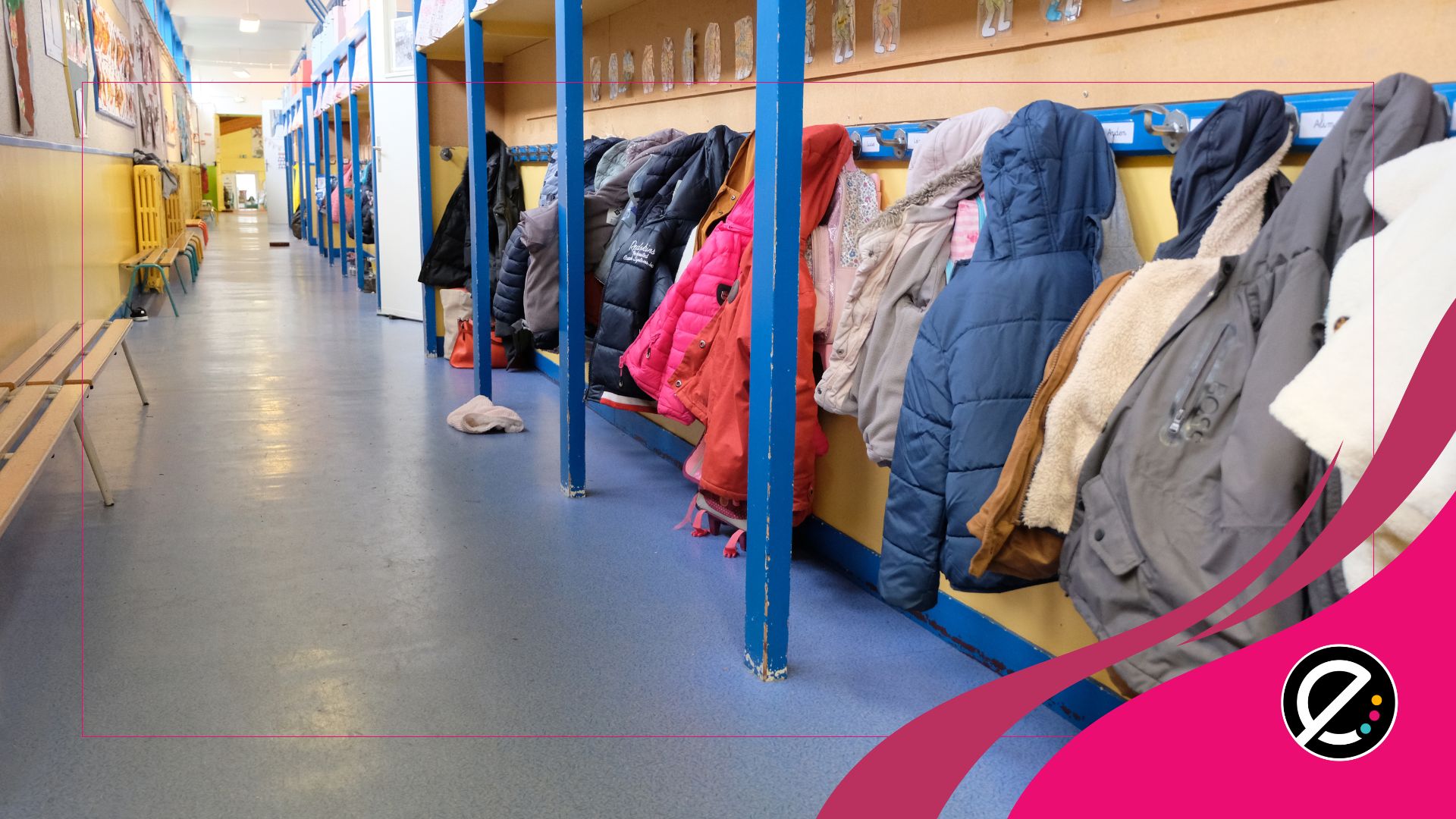Ce n’est pas parce que la majorité des élèves ont repris le chemin de l’école que l’enseignement à distance n’est plus à l’horaire pour certains jeunes. Nous avons rencontré (virtuellement) Nathalie Angers et Étienne Roy, du Service national du RÉCIT de la formation à distance (RÉCIT FAD), pour en discuter.
« L’enseignement à distance répond à de véritables besoins, qui étaient présents avant la pandémie et qui continueront de l’être. Oui, nous avons senti un soulagement collectif lors de l’annonce du retour à l’école en présentiel. Cependant, n’oublions pas que la formation à distance est pertinente pour une certaine clientèle », fait valoir Étienne Roy.
Les élèves sportifs de haut niveau, les jeunes artistes, les enfants hospitalisés ou en convalescence pendant de longues périodes et même certains jeunes qui sont atteints de troubles de comportements ou mentaux sont tous des exemples concrets. La formation à distance peut aussi permettre aux écoles d’offrir une plus grande diversité de cours à leurs élèves.
« La pandémie aura permis de faire des pas de géants pour organiser l’enseignement à distance au niveau primaire et secondaire. Ces acquis sont là pour rester et doivent permettre de mieux répondre aux besoins particuliers de certains élèves », croit-il.
Projet-pilote en préparation
Au cours de la prochaine année scolaire, l’équipe du RÉCIT FAD sera d’ailleurs en appui au ministère de l’Éducation du Québec qui a lancé un appel à projets pour poursuivre l’expérimentation de l’enseignement à distance dans certains contextes.
Rappelons qu’au Québec, la Loi sur l’instruction publique (article 459.5.3) ne permet pas l’enseignement à distance. Celui-ci a été exceptionnellement autorisé par le gouvernement en raison des mesures d’urgence sanitaire en vigueur dans la province.
Une première sélection de projets est en analyse et pourra débuter dès l’automne. Déjà, au cours de la dernière année scolaire, du matériel a été déployé dans les écoles primaires (au moins une classe par école) et secondaires afin de permettre l’enseignement comodal (une formule selon laquelle des élèves sont en classe et d’autres suivent le cours à distance en même temps). Nous vous reparlerons certainement de ces projets.
Les cours de sanction à distance
Bien avant que la COVID-19 fasse son apparition, le RÉCIT FAD et d’autres services nationaux du RÉCIT étaient déjà en action afin de préparer des versions à distance des cours de sanction du secondaire (les cours obligatoires pour obtenir son diplôme d’études secondaires).
« Bien que le projet ait été quelque peu ralenti par la pandémie, les équipes gardent le cap », indique Nathalie Angers. Déjà, le cours d’histoire du Québec et du Canada de 4e secondaire est offert aux centres de services scolaires.
Pour dispenser ces cours en ligne, c’est la plateforme Moodle qui a été choisie. Le RÉCIT FAD se consacre d’ailleurs en priorité à l’adaptation de cet environnement numérique d’apprentissage, qui était principalement utilisé au niveau universitaire, afin qu’il réponde mieux aux besoins des enseignants et élèves du secondaire.
Différents ajouts ont été faits, comme un tableau de bord de l’enseignant (Apprentimètre) qui permet de suivre plus facilement la progression des apprenants, un éditeur de circuits électriques, un cahier de traces, la prise de photo de démarches mathématiques, etc. Tous ces ajouts bénéficieront d’ailleurs à l’ensemble des utilisateurs de Moodle étant donné qu’il s’agit d’une plateforme ouverte.
Ceci dit, les deux responsables du RÉCIT FAD tiennent à préciser que tous les cours de sanction offerts dans Moodle pourront très bien aussi être utilisés en mode présentiel, hybride ou à distance, afin de répondre à différents besoins dans les écoles.
Des microformations à venir
Finalement, le RÉCIT FAD présente des microformations sous forme de fiches pédagogiques sur le thème de l’alternance classe-distance. Ces fiches permettent de répondre à des questions exprimées par les enseignants sur des sujets tels que le continuum classe-distance, la rétroaction, la pédagogie inclusive, la relation avec la famille, le matériel pédagogique autoportant, etc.
Des webinaires accompagneront chaque fiche et seront disponibles sur le site Campus RÉCIT au cours de l’automne 2021.






